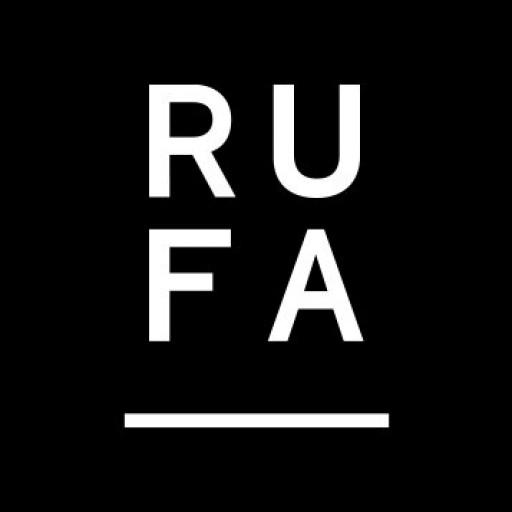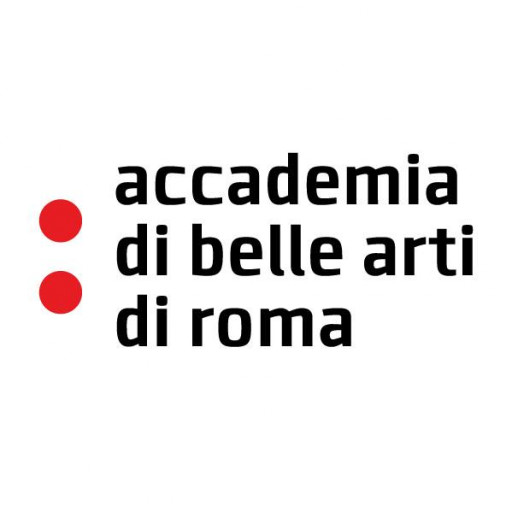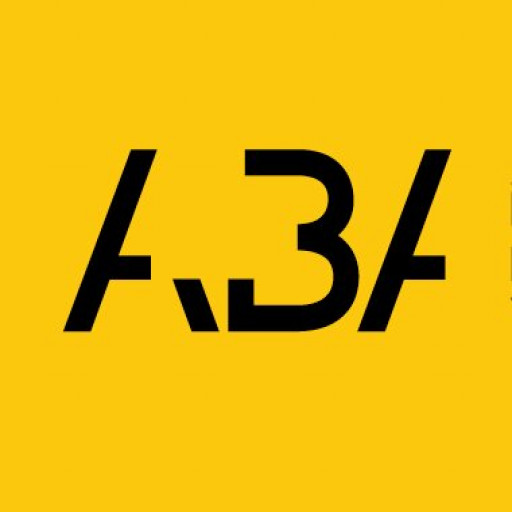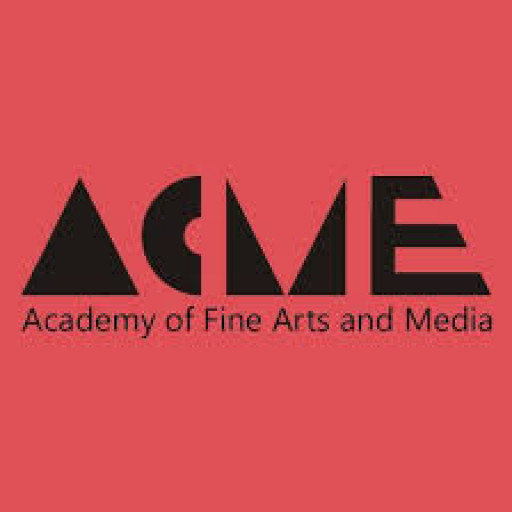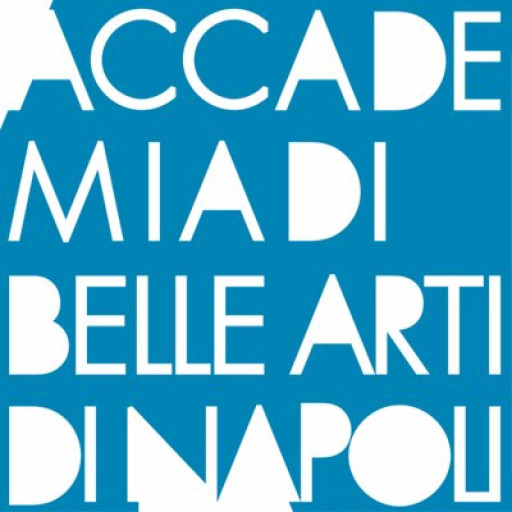Photos of university / #uofmichigan
The Ford School's joint doctoral program—in which candidates combine their public policy studies with disciplinary work in economics, political science, or sociology—represents a unique approach. Pioneered here at the University of Michigan in 2001, the model is still shared with just a handful of other universities.
All Ford School doctoral students complete a PhD in one of the University of Michigan’s world-class social sciences—economics, political science, or sociology--becoming full members of their disciplinary departments through a rigorous sequence of theory and methods courses. In addition, they become active participants in the Ford School’s collaborative, interdisciplinary, outstanding public policy community, working with world-renowned faculty who are also enthusiastic teachers and mentors.
The program is designed to appeal to students who want to pursue research careers in a traditional social science discipline and who see themselves as deeply committed to the study and improvement of public policy. Our goal: For joint PhD students to bring the most rigorous tools of social science to bear on critical public policy questions.
The joint doctoral program is distinctive in these ways:
- Generous Support – All of our PhD students receive five years of funding, contingent on satisfactory performance. The funding covers tuition, health insurance, and a stipend. Support may be in the form of fellowships, research assistantships, and teaching assistantships.
- Disciplinary Orientation – Students spend most of their first two years in a department, taking the same sequence of theory and methods courses that are taken by departmental students. In addition, students have a departmental faculty advisor to help them become integrated into the department and to help ensure that they receive a thorough grounding in the theory and methods of the discipline.
- Empirical Methods – We expect students in the program to develop sophisticated analytical skills including statistics, economic analysis, benefit-cost analysis, evaluation methods, and qualitative and quantitative approaches to data collection and analysis.
- Research Training Opportunities – Active engagement in research is a key component of the program and our students have an array of research opportunities. All students have the opportunity to spend at least a year as a research assistant to a faculty member. In addition, during their first and second years, all students attend a biweekly research seminar and complete a research internship. Faculty advisors provide careful guidance for the independent research paper that is part of the third year.
- Interdisciplinary Policy Analysis – A key goal of the program is to facilitate multidisciplinary training and research. We've organized coursework so that early in their studies students are given extensive exposure to different perspectives and approaches and have the opportunity to compare them. Similarly, our faculty, many of whom hold joint appointments, are engaged in multidisciplinary research and can assist students in bringing the ideas of different disciplines to bear in addressing policy issues.
The Joint PhD Program in Public Policy is a collaborative effort between the Gerald R. Ford School of Public Policy and the University of Michigan's departments of Economics, Political Science, and Sociology. Students become full members of both their disciplinary departments and the Ford School as active participants in an interdisciplinary public policy community.
Students in the joint doctoral program complete a set of required courses in theory, empirical methods and specific policy areas. In addition to these courses, first and second year students attend a biweekly seminar series that is intended to introduce students to applied policy research early in their doctoral career. In this seminar, students will read applied policy research papers by faculty in all three disciplines. When possible, the faculty member who wrote the paper will join the seminar to participate in the discussion. In their third year, students work on an original research paper under the supervision of two faculty supervisors (one in the Ford School and one in their disciplinary department).
Public Policy & Economics
1st YEAR PHD COURSE CURRICULUM:
- Econ 600: Mathematics for Economists (stand-alone course: Fall term)
- Econ 601, Econ 602, Econ 603, and Econ 604: Microeconomic Theory I, II, III, and IV.
- All half-term courses.
- Econ 601 & 603 are offered in the Fall term; Econ 602 & 604 are offered in the Winter term
- Econ 605: Macroeconomic Theory I
- Econ 607: Macroeconomic Theory II
- Econ 671: Econometric Analysis I (Fall term) (also cross-listed with Stat so counts as a cognate course)
- Econ 672: Econometric Analysis II (Winter term)
- 1st year PhD students take Econ 600-Econ 601-Econ 603-Econ 605-Econ 671 in the Fall term, and take Econ 602-Econ 604-Econ 607-Econ 672 in the Winter term
- Econ 899: Responsible Conduct of Research (All Cohorts entering Fall 2014 or after must take this course to achieve candidacy)
2nd and 3rd YEAR PhD COURSE CURRICULUM:
MONETARY ECONOMICS AND ADVANCED MACROECONOMIC THEORY
- Econ 611: Stabilization Policy I
- Econ 612: Stabilization Policy II
ADVANCED METHODS
- Econ 610: Stochastic Dynamic Optimization in Economics (half-term course)
- Econ 613: Advanced Topic in Mathematics for Economists (half-term course)
- Econ 618: Behavioral Economics
- Econ 619: Advanced Theory I (half-term course)
- Econ 620: Advanced Theory II (half-term course)
- Econ 651: Empirical Asset Pricing
- Econ 675: Applied Microeconometrics
- Econ 676: Applied Macroeconometrics
- Econ 677: Analysis of Time Series
- Econ 678: Advanced Econometrics I
- Econ 679: Advanced Econometrics II
- Econ 751: Computational Economics (half-term course)
- Econ 752: Advanced Mathematical Methods for Dynamic, Stochastic Models (half-term course)
- Econ 753: Structural Estimation Methods (half-term course)
ADVANCED MICROECONOMIC THEORY
- Econ 617: Game Theory
- Econ 619: Advanced Theory I (half-term course)
- Econ 620: Advanced Theory II (half-term course)
LABOR ECONOMICS
- Econ 621: Labor Economics I
- Econ 622: Labor Economics II
INDUSTRIAL ORGANIZATION
- Econ 631: Industrial Organization and Public Policy
- Econ 632: Industrial Organization and Public Policy
FINANCE FIELD
INTERNATIONAL ECONOMICS
- Econ 641: International Trade Theory
- Econ 642: International Finance
NATURAL RESOURCES AND COGNATE (Cross-listed with NR)
- Econ 661: Advanced Natural Resources Economics
- Econ 662: Environmental Economics
ECONOMIC HISTORY (Cross-listed with HISTORY)
- Econ 663: Topics in World Economic History I
- Econ 664: Topics in World Economic History II
ECONOMIC DEVELOPMENT
- Econ 665: Economic Development and Transition I
- Econ 666: Economic Development and Transition II
ECONOMIC DEMOGRAPHY
- Econ 667: Economics of Population Growth (stand-alone course)* Students wishing to take a prelim in Economic Demography must also take SOC 530
A prelim in Economic Demography has not been offered since May 1995
ADVANCED ECONOMETRICS
- Econ 678: Advanced Econometrics I
- Econ 679: Advanced Econometrics II
PUBLIC FINANCE
- Econ 683: Government Expenditures
- Econ 684: Government Revenues
THIRD-YEAR COURSE REQUIREMENT:
PhD students entering their 3rd year in the program are required to complete the third-year paper requirement. They are not required to enroll for the course that is offered in conjunction with this program but most do. It is a PhD course sequence.Econ 695: Introduction to Research IEcon 696: Introduction to Research II
Public Policy & Political Science
- 1 course in program evaluation (3 credits) – typically Joint Political Science & Public Policystudents take Public Policy 639, Econ 675 or Public Policy 821. Students may petition the PhDProgram Director to allow another course to count toward this requirement
- 1 course in microeconomics (3 credits) – Students typically take PUBPOL 555: MicroeconomicsA or PUBPOL 559: Accelerated Microeconomics. Students may petition the PhD ProgramDirector to allow another course to count toward this requirement
- 1 course in methods (3 credits) – students often take SURVMETH 600 or POL SCI 680 (if majoror second minor is not methods) for this requirement. Note that students who pursue a Major or Minor field in research methods will automatically fulfill this requirement
- 2 courses in a substantive policy area (6 credits total) – at least one of these courses must betaken outside the student’s home social science department, and both courses must beapproved by the PhD program director.
- Policy seminar (4 semesters, 1 credit per semester) – Public Policy 810 – This seminar meets bi-weekly and students are required to enroll in this course during their first two years in the PhD program.
- Public Policy Third-Year Paper Requirement. Students must complete an original research paper. The third year paper provides students a chance tobegin their careers as independent researchers. It should be an original research paper on a policy-related topic. This paper may be related to papers written for doctoral courses and may (but does notneed to) lead into the dissertation proposal. The goal is a paper that would eventually be suitable forpublication.
Public Policy & Sociology
First Year:
- Introduction to Graduate Studies (Fall term) - Sociology 500
- Theories and Practices of Sociology I and II (Fall and Winter term) - Sociology 505 and 506
- Statistics (Fall and Winter term) - Sociology 510 and 610
Second Year:
- Logics and Strategies of Sociological Research Inquiry (Fall term) - Sociology 507
First-Third Years:
Research Practicum (one of the following)
- Qualitative Research Methods - Sociology 522 (523 optional)
- Comparative and Historical Methods - Sociology 532 (533 optional)
- Quantitative Practicum - Sociology 542 (543 optional)
- Survey Methodology - Survey Methodology 600 (672, 673 optional)
Electives: a minimum of two electives. One must be a core course:
- Culture and Knowledge - Sociology 555
- Economic Sociology - Sociology 515
- Gender and Sexuality - Sociology 547
- Health, Aging, and the Life Course - Sociology 575
- Power, History, and Social Change - Sociology 560
- Race and Ethnicity - Sociology 503
- Social Demography - Sociology 530
- Social Psychology - Sociology 590
Cognate Requirements: Two courses at the graduate level (2 credits or more) offered through a department other than Sociology.
Students who are appointed as GSI’s must also enroll in a one-credit training course (Sociology 993) during or prior to the first semester teaching.
- Prospectus Defense. A student’s prospectus defense typically occurs in the 4th or 5th year, although the timing ofprospectus varies somewhat with the student’s discipline; joint students should follow the norms oftheir disciplinary department. During this time, a doctoral candidate lays out his/her intendeddissertation research to their committee members. The prospectus defense is done in person with asmany members present as possible. If necessary, some members are able to call-in. All committeemembers must approve the prospectus defense.
Students must designate one of the three degree tracks—Economics, Political Science, or Sociology—at the time of application.
- The application requires a program code. Please choose the code associated with the program you will be applying for: Public Policy & Economics (01677), Public Policy and Political Science (01679), or Public Policy and Sociology (01681)
- Level: Doctoral
- Sub-plan: Economics, Political Science, or Sociology
Note: Applicants for the joint PhD in Public Policy & Sociology are recommended to choose a second subplan (topic of research) in Sociology. Please list your research topic in your Statement of Purpose.
- Three Letters of Recommendation: Recommenders should submit letters electronically via the Rackham online application.
- Official Transcripts: Send official transcripts of courses taken and degrees posted at each post-secondary institution attended/attending and at any international institutions (if you have completed or are completing a degree program at an international institution). Transcripts from non-U.S. institutions (if not in English) must be accompanied by certified English translations. Please do not send transcripts from study abroad programs and/or two-year institutions, such as community colleges. In addition, upload one set of transcripts when you complete the online application.
- Official Test Score Report(s)—GRE and TOEFL: The TOEFL is required for international applicants. The U-M institution code for GRE and TOEFL is: 1839.
- Academic Statement of Purpose: The Statement of Purpose describes your skills, achievements, and relevant experience; professional, intellectual, research interests; and career objectives. Submit it electronically via the online application.
- Personal Statement: Tell us about yourself. How have your background and life experiences, including cultural, geographical, financial, educational, or other opportunities or challenges, motivated your decision to pursue a graduate degree at the University of Michigan? Submit the statement electronically via the online application.
- Writing Sample (≤ 20 pages): A writing sample is required for those applying to the Joint PhD with Political Science or Sociology. It is not required if applying to Economics. Submit electronically via the online application.
- Admissions Conduct Code: For those applying online, complete the Conduct Code electronically via the online application. All others may mail the conduct code to Rackham (address below).
- Affidavit of Financial Support (international applicants): Send to Rackham only if you have been recommended for admission and plan to matriculate. Do not send unless matriculating at U-M.
Want to improve your English level for admission?
Prepare for the program requirements with English Online by the British Council.
- ✔️ Flexible study schedule
- ✔️ Experienced teachers
- ✔️ Certificate upon completion
📘 Recommended for students with an IELTS level of 6.0 or below.


